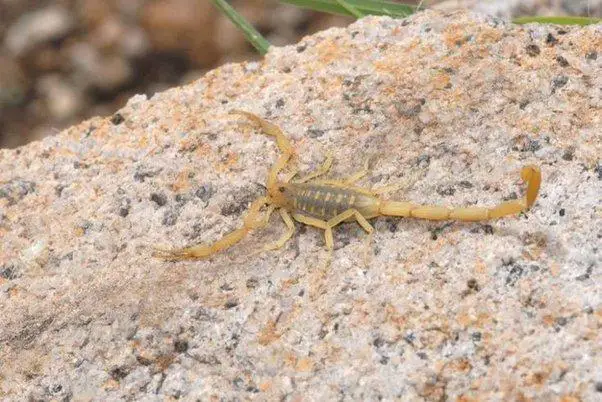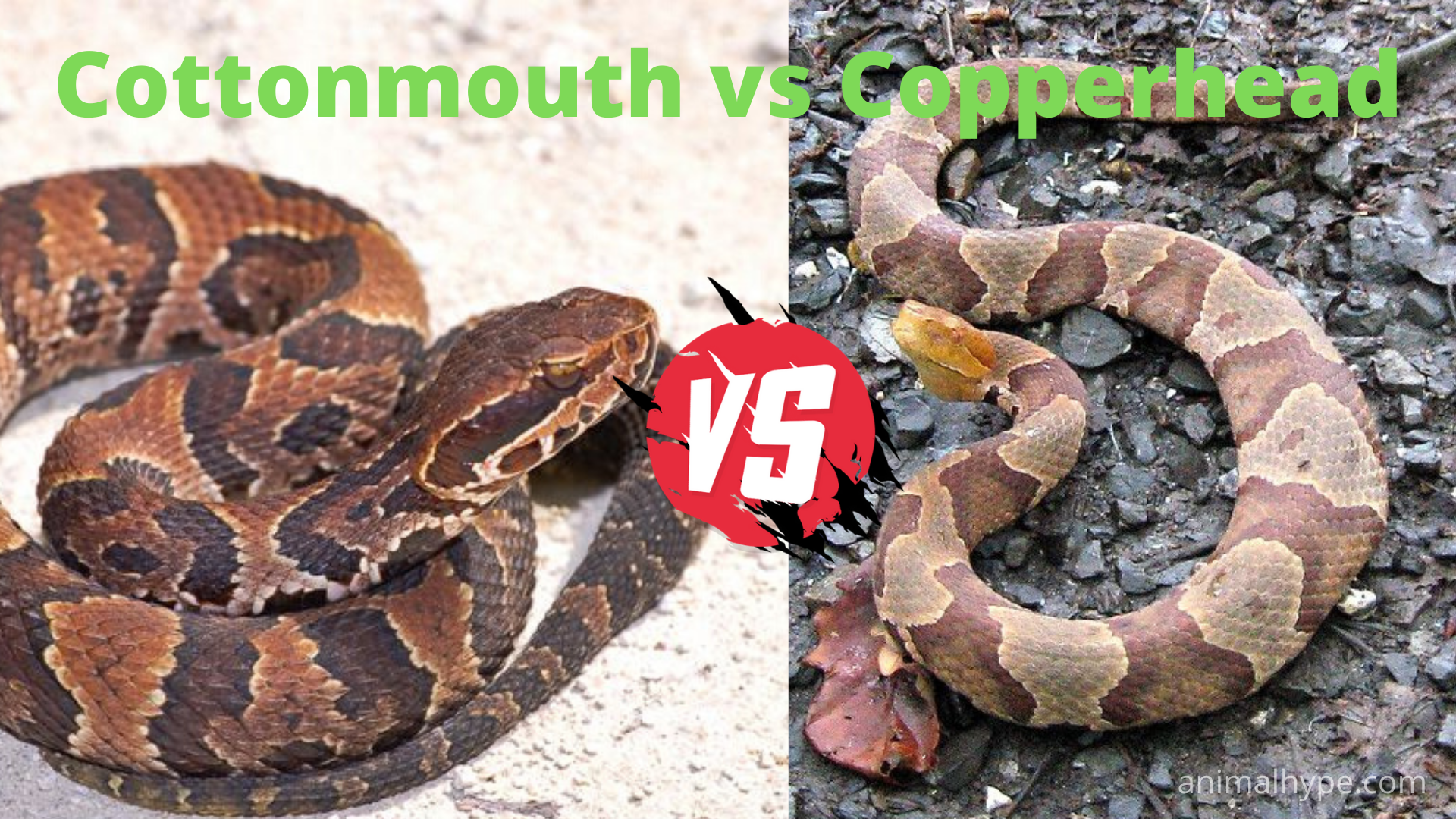Why do scorpions sting themselves?

Image credits h/qph.cf2.quoracdn.net
Introduction
The scorpion is among the world’s deadliest creatures. Both humans and other animals might be harmed by their venomous tails. They do, however, ask a question on message boards and social media.What is that remark exactly? Do scorpions possess the capability of self-stinging? Very excellent question, right? However, what is the reply? either true or false.
a scorpion’s capacity to sting oneself In fact, because their tails can occasionally reach their heads or other body parts, scorpions face the risk of injuring themselves. They are innocuous even if they are lethal. They are immune to the scorpion’s venom. Thus, self-stinging is not required.
Experts stress that the alleged self-stinging is really the scorpion reacting aggressively and spasmodically to the heat of the fire, not the scorpion, despite all of the current anecdotal evidence that can be found online proving that scorpion suicide is genuine.
Today, we’ll talk about scorpions. I’ll talk about why scorpions sting themselves and answer some basic queries about it. If you’re ready, let’s begin with learning more about scorpions.
Can a scorpion die with its own sting?
In addition to what I’ve already explained, scorpions may sting themselves. Yes! It is feasible because scorpions have long enough tails to reach their own bodies or heads. There is still no consensus on the subject of whether scorpions can genuinely poison themselves to death. Here is a succinct response.
The response is no! By injecting their own venom or utilizing the poison on their tail, scorpions cannot kill themselves. Before going crazy or dying, a scorpion may sting itself up to 300 times.
We still don’t understand the motivations for this type of behavior, though. The reason why scorpions sting themselves is still a mystery. Is it a result of anger or depression? There is more information in the part that follows this one.
What does a scorpion sting its own self for?
In fact, if their tails are long enough to reach their bodies or heads, scorpions may sting themselves. It doesn’t happen very often, even though most people are aware of the bogus rationale for this.
Based on the urban legend that scorpions would protect themselves by biting themselves if they feel threatened in order to prevent pain or discomfort, this theory was developed. There have been accurate observations made. But comprehension is still missing.
As poikilothermic creatures, scorpions are unable to regulate their body temperatures. As a result, scorpions are temperature-sensitive. Their bodies become heated and quickly dehydrate if they are in an area that is on fire.
The scorpions’ bodies quickly dry as the flames heat up, resulting in frantic tail contractions and spasms. It looks like they are stinging one another when scorpions act in this way.
As a result of the inside proteins getting denaturized and coagulating, a person has convulsions, their body starts to resemble an arch, and they finally pass away.
Despite the fact that scorpions have the power to harm themselves, their hard shells make them immune to their sting. Scorpions have the ability to mistakenly bite themselves, yet the venom does not poison or injure them.
Do scorpions actually perish in the flames?
No! The story is untrue! Scorpions are not killed by fire. They don’t kill themselves to escape suffering that fire can bring. A scorpion may, however, be killed by fire if exposed to it for a sufficient amount of time.
Can a Dead Scorpion Stuck You?
Yes! However, not all species of scorpions have it. Some species are capable of stinging you even after they have died. One of the species of scorpions that may sting you after they have died is the bark scorpion. However, certain species have a tendency to sting you long after they have died.
How do scorpions sting themselves?
Its tail stinger may cause a scorpion sting. A scorpion’s stinger has the ability to release poison. The complex chemical makeup of the venom affects the neurological system (neurotoxins). Arthropods also include insects, spiders, and crustaceans in addition to scorpions.
The tail of the scorpion is always pointed towards its own body hence when it has to sting itself its tail curl and stings its head.
Final Conclusion
If their tails are long enough to reach their bodies or heads, scorpions have the capacity to sting themselves. Their shell is too robust for the sting to enter even if their tail reaches their torso or head since they are resistant to their venom.
Faqs
Are scorpions able to throw their stingers out?
The scorpion’s stinging system is seen in this image.
Sometimes a scorpion may let go of its stinger throughout the process, just like a bee does. Because of the peculiar method in which they are constructed, scorpions have the ability to swiftly escape a perceived threat by releasing a piece of their tails and stingers. Although the scorpion frequently recovers completely after a few days, its tail and stinger seldom ever do
When a scorpion stings you, does it hurt?
Even though they hurt, scorpion stings seldom cause fatalities. Small children and the elderly are the two groups most at risk for major problems. The only species of scorpion in the US with venom strong enough to produce noticeable symptoms is the bark scorpion, which is mostly located in the arid Southwest.
Do scorpions sting themselves due to heat?
Many believe that scorpions kill themselves due to their stinger when they are surrounded by heat, this is a very common misconception. Scorpions are actually immune to their venom so this is not the reason why they may kill themselves
What ends a scorpion’s life right away?
It is far more successful to spray or apply natural poisons like boric acid or, to a lesser degree, borax on scorpions in order to kill them than to surround them with flames.
What happens if you surround a scorpion with a ring of fire?
The myth, which is said to have originated in Spain and is of improbable age, states that a scorpion placed inside a ring of red-hot embers would, after making fruitless attempts to escape the burning circle that surrounds it, deliberately kill itself by stabbing itself in the head.







